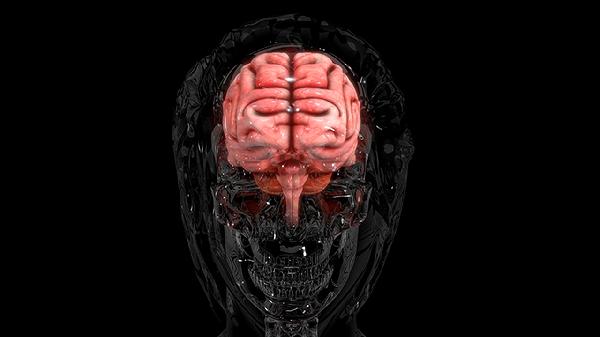Depression, a condition many strive to avoid, manifests in various forms, each with distinct symptoms. This mental health disorder poses severe risks, including potential suicidal tendencies. Understanding how to treat and prevent depression is crucial for maintaining mental well-being. Here, we explore effective strategies to combat depression and enhance life quality.

Seven Strategies to Overcome Depression
Recognize the State of Stress Addiction
Understand that stress often originates internally, not just from external pressures. When you realize you're addicted to stress, pause your activities and remind yourself that the world won't collapse if you stop momentarily.
Prioritize Problems
Avoid overwhelming yourself by addressing distant or minor issues prematurely. Focus on what truly matters at the moment.
Avoid Perfectionism
Assess the significance of complex problems before tackling them. Not every task requires perfection.
Distinguish Relaxation from Indulgence
True relaxation doesn't equate to excessive shopping or eating. Find healthier ways to decompress.
Shift Your Focus
Allocate time daily for activities that bring joy, such as chatting, listening to music, or exercising, to alleviate stress.
Differentiate from Obsessive-Compulsive Disorder
Understand that stress addiction differs from OCD, which stems from earlier life experiences and is a psychiatric condition.
Medication
Depending on symptoms, various medications like Amitriptyline or Fluoxetine can be effective treatments.
Types of Depression
Endogenous Depression
Characterized by lethargy, dullness, change, worry, and anxiety due to brain biogenic amine deficiency.
Masked Depression
Symptoms are primarily physical, such as heart palpitations or insomnia, rather than emotional.
Adolescent Depression
Leads to academic difficulties, lack of focus, memory issues, and school avoidance.
Secondary Depression
Emerges from other conditions or medications, like antihypertensives causing persistent sadness.
Postpartum Depression
Involves intense guilt, self-loathing, and disinterest in the newborn, accompanied by crying and insomnia.
White-Collar Depression
Affects young professional women, disrupting endocrine systems and causing a range of physical and emotional symptoms.
Symptoms of Depression
Core Symptoms
Include persistent sadness, slowed thinking, and reduced physical activity.
Additional Symptoms
May involve anxiety, loss of interest, fatigue, and low self-esteem.
Physical Symptoms
Often include sleep disturbances, weight changes, and various bodily discomforts.
Preventing Depression
Maintain a Positive Outlook
Engage in social activities and hobbies to stay mentally active and connected.
Pursue Interests
Enhance skills in areas of interest to build confidence and achieve personal success.
Cultivate a Friendly Attitude
A cheerful disposition can enhance physical health and disease resistance.
Enjoy Music
Listening to favorite tunes can provide a quick, effective mental break.
Wear Bright Colors
Dressing in vibrant colors can uplift your mood and alter your emotional state.
Stay Active
Regular physical activities like walking or yoga can significantly improve mental health.
Conclusion
With the rising prevalence of depression, understanding its types and effective management strategies is essential. By adopting a proactive approach to mental health, individuals can better navigate life's challenges and maintain emotional balance.
Further Reading
Explore more on treating depression, self-help techniques, and ways to mitigate its impact on daily life.
























